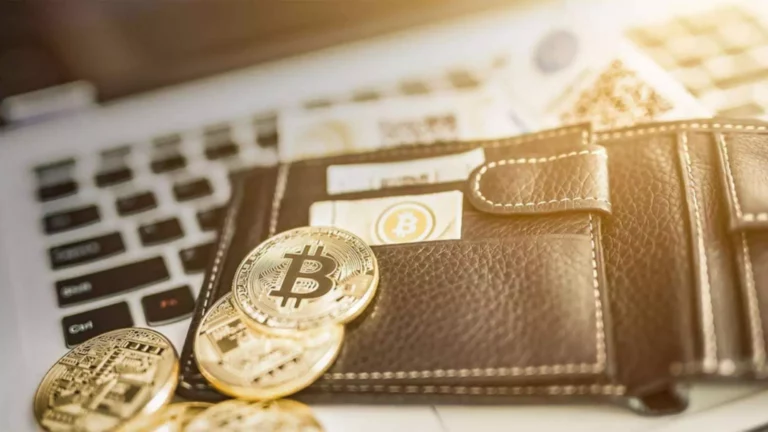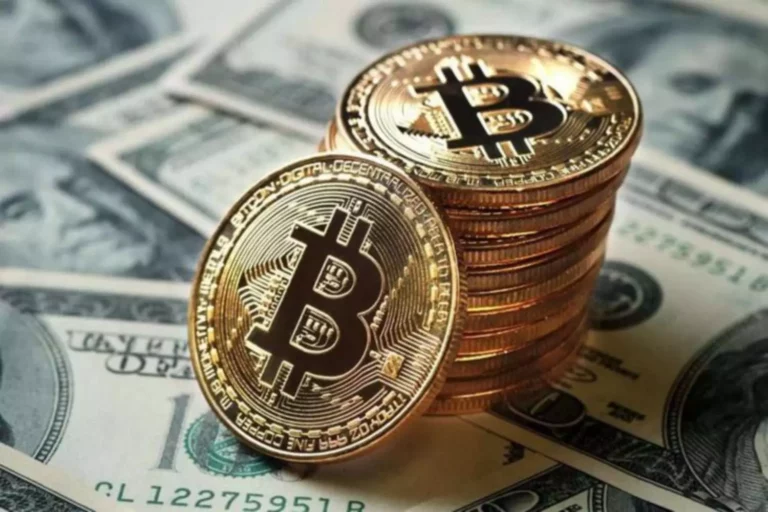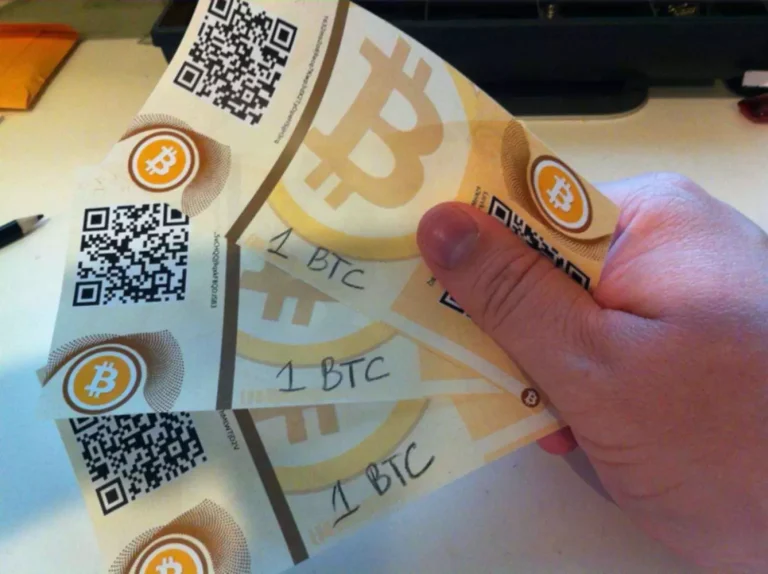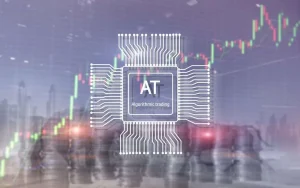A paper wallet is a cryptocurrency-related term used to define a particular storage method of digital coins, or cryptocurrencies, especially Bitcoin. A paper wallet is one of many cryptocurrency wallet types on the market, but it is most notably known for its simplicity, security, and even risks.
Paper Wallets & Other Cryptocurrency Storages
A crypto wallet class, its storage method is quite literally its name. These refer to the needed information that accesses the trader’s cryptocurrencies, and is not a wallet in itself. It functions similarly to cold wallets, or offline wallets, and is specified under its umbrella, but shares similarities with hot wallets, too, wherein public and private keys are involved.
Most crypto wallets are divided into two: those that are stored online and accessed with the use of the internet, and those that are not. Paper wallets fit more into the second category. It uses simple technology and a piece of paper to hold vital information about the public and private keys, and the address of the storage of cryptocurrencies. This simple solution to prevent crypto owners from being hacked or stolen from comes with its own risks of course. One such example is the loss of the paper or the risk of misreading the information in it.
Crypto wallets are software programs that aid in the updates of the crypto’s blockchain. Majority of such are live wallets. There are also cold wallets, which are purely offline. Paper wallets were a popular choice for traders when Bitcoin was still gaining fame in the market. It’s simple to acquire, store, and use, and for these reasons it was the top choice before. But now, more wallet types have been introduced to the market, and users have embraced the diversity of choices.
A paper wallet is generally a QR code or a string of private keys printed on a paper, hence its name. It is used to hold vital information, such as crypto addresses and access to it. Its main function is offline storing. When the cryptocurrency market was still gaining early traction, paper wallets were considered to be the safest choice of storing cryptocurrencies since it is totally disconnected from the internet.



Turnkey Brokerage Solution For Your Business
Get the most profitable fully licensed fx/crypto brokerage software or ready-to-operate business in 48 hours. Best-in-class web & mobile trading platforms, sales-driven CRM, full integration with MT4/5, and 150+ payment providers.
Setting up a Paper Wallet
Setting up a paper wallet entails the use of the internet. Afterwards, it is pretty much offline storing that guarantees your cryptocurrencies are safe from online theft. Below is a step-by-step guide in setting up your paper wallet in a secure way:
Go to an open source cryptocurrency wallet generator such as BitAddress. This is always the first step. Furthermore, you need to verify the legitimacy of the website you are using.
Hit “generate random QR code”, which will serve as your private keys. These are the most crucial information of paper wallets, and from here on, security in handling it must be doubled. A tip to remember is to disconnect to protect the data as keys are generated. It is also advised that owners delete their entire internet history as a precaution following the key generation. These are only some ways of preventing online risks and damages, which do not cover hardware malfunctions such as malware. For the latter, the wallet owner must also be prepared for it.
The third step to follow would be to choose “paper wallet” among different wallet types offered by the wallet generator website. You can also choose the number of copies you want to print out. Other traders prefer at least two copies so as to have an extra one if problems occur, such as losing or misreading the keys. On the other hand, there are also a handful of traders who print only one copy to ensure the security of the paper wallet, but of course, this presents its own risks.
An optional step, but a fourth and necessary one for those who want to ensure total security for their assets, is encrypting the wallet. You are privy to the option to use BIP38 password, a standard encryption commonly used for Bitcoin wallets. The added security this puts into your wallet is that when a cyber thief finds your private keys, he wouldn’t be able to decipher it unless he also holds your password. Ultimately, this also means he can’t access your funds. Think of it as a second layer of security.
The fifth and final step would be printing your paper wallet. From here on, the security of your paper wallet is quite literally on your hands. It is up to you where you store this important piece of paper that holds significant information and financial value. Some traders put it in safes, while others find inserting it in common items, like books, protects it better in an unobvious way. The most important thing is to not damage or lose the paper.
However, owning a paper wallet does not stop there. Since this wallet type is entirely disconnected from the internet, you will have to own a live wallet in order to execute transactions. The live wallet is connected to the internet and serves as the middleman of transactions. The latter is used to scan the paper wallet to transfer cryptocurrencies and ultimately, use the coins for buy and sell transactions.
The Implications of Using Paper Wallets
Paper wallet usage as storage for your cryptocurrencies comes with its fair share of benefits and risks. Below, we will enumerate the certain pros of using a paper wallet to store your tokens and the cons of doing so.
The most obvious advantage of using a paper wallet would be its near-impossibility of being accessed by cyber hackers. Since it is a physical wallet, the only way for it to get stolen is to find its physical location and steal it by hand. Another advantage is that it is separated from the net, therefore safeguarded from cyber theft, attacks, and even malware. As common an object a paper is, it holds vital information to many crypto owners. The public keys are printed on the paper, which are used by third-party crypto traders to transfer funds into the wallet. The more essential information however, would be the private keys printed on the paper, which must be known only to the owner. The latter keys are used by the wallet holder to access their crypto funds and execute transactions from the wallet.

Associated risks in using a paper wallet are also glaringly obvious. The wallet holder is always in danger of losing it, cause unexpected damage to it, or the paper itself could deteriorate over time. A single sheet of paper can wear and tear in the long run, especially when not preserved or stored properly. Another disadvantage to it would be in the printing process. A specific printer must be used to print the keys so as to prevent the ink from running, damaging the paper wallet. It is also important that the keys are readable for scanning since this physical flaw could lead to the owner being unable to access their assets.
Other than the physical risks to using paper wallets, there is the matter of being able to steal the keys while they are being generated. Cyber thieves can hack into your computer while you are setting up your paper wallet, therefore getting access to the vital information while you are in the process of securing it. Another form of cyber hacking would be to install malware into your printer, some of which are linked to bigger networks that keep data, and steal your keys. This is why, as already stated above, possibly the most crucial part in the process of setting up your paper wallet is in the key generation and printing. During this process, you must set up anti-malware and other precautions.
Numerous security benefits and risks are evidently endemic to paper wallets. Some would be small, but others bear severe repercussions. If you are a cryptocurrency owner, it would be in the best of your interest to choose the wallet classification that you think is most safe, paper wallet or not.






